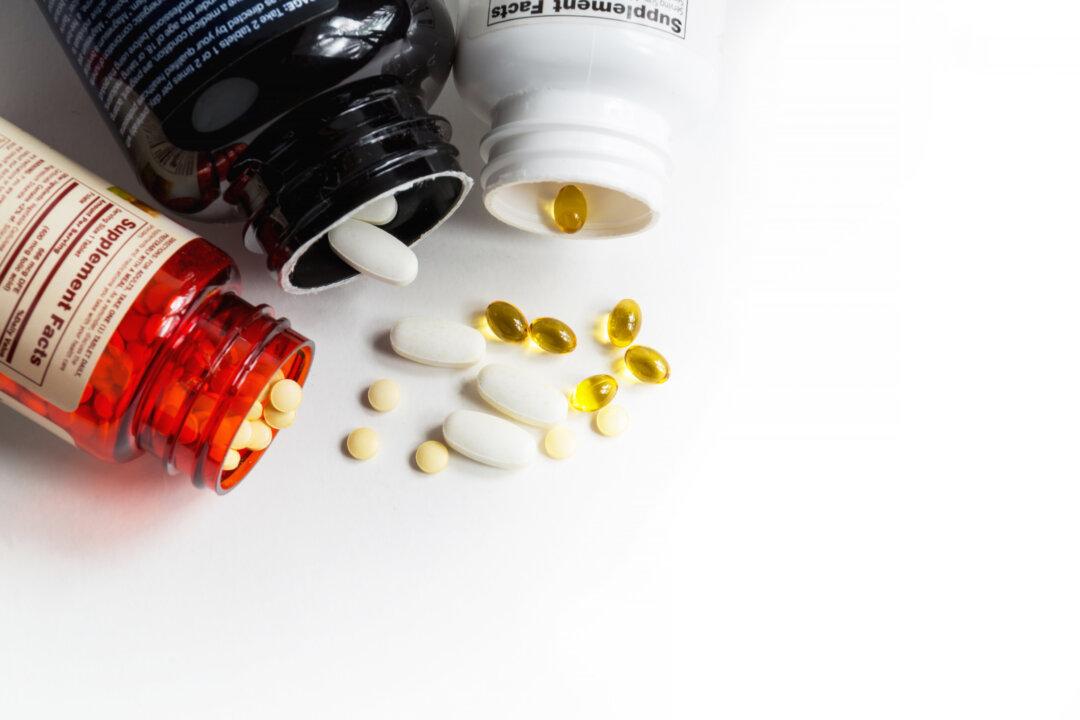The pharmaceutical industry wants nothing more than to put an end to one of its biggest competitors - vitamins and supplements. They’ve been trying for years to do it, but now they’re pulling out the stops to make it happen. Take action now to safeguard your access to supplements.
Dr. Joseph Mercola is the founder of Mercola.com. An osteopathic physician, best-selling author, and recipient of multiple awards in the field of natural health, his primary vision is to change the modern health paradigm by providing people with a valuable resource to help them take control of their health.
Author’s Selected Articles






